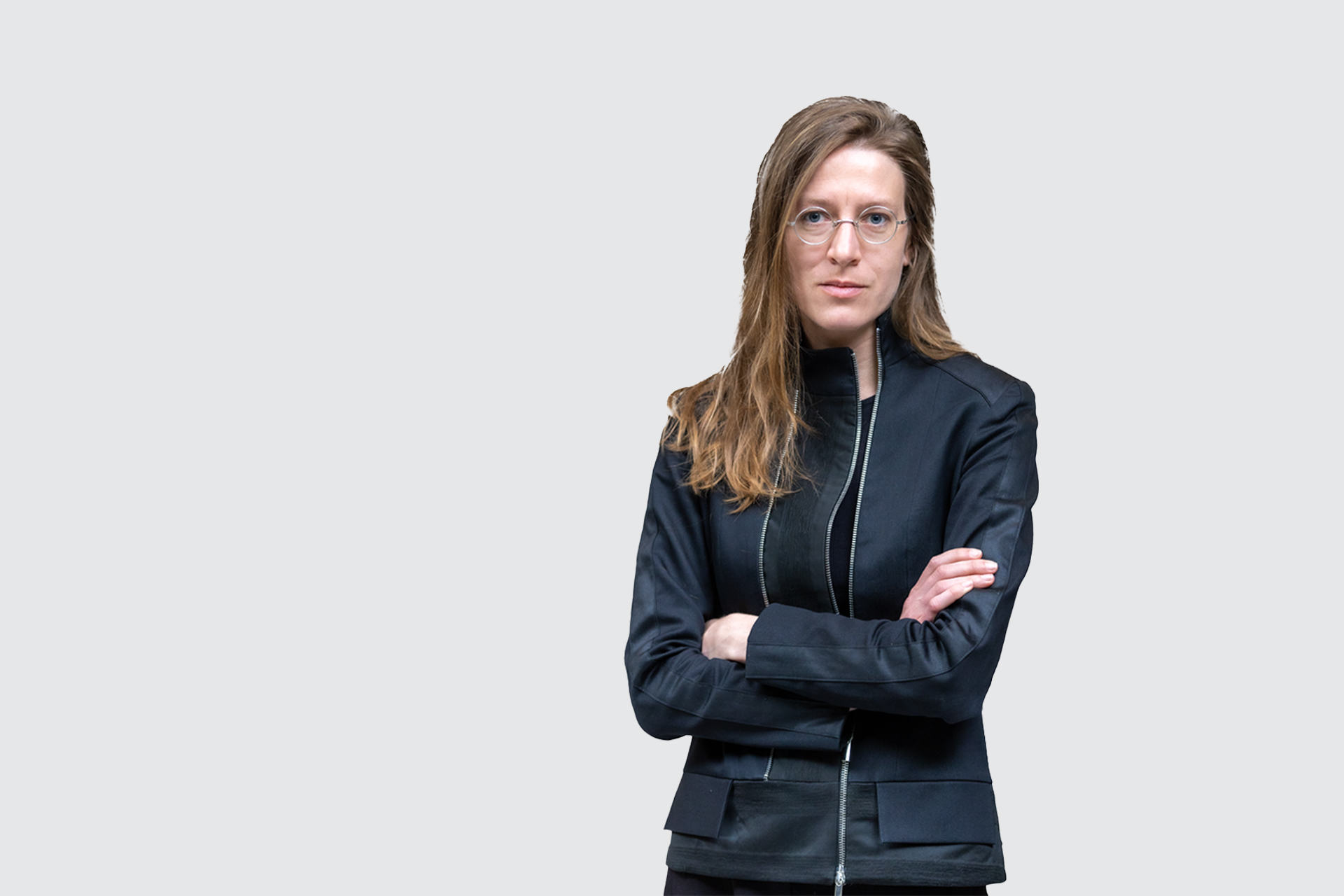Driving matter out of equilibrium challenges our understanding and intuition for quantum systems, as well as the imagination to exceed the limitations given by the equilibrium. In our understanding of equilibration of excited quantum systems, exact symmetries play a crucial role as they imply trapping in peculiar, highly non-thermal states. While generic ergodic quantum many-body systems relax to states that are locally indistinguishable from thermal states, exceptions where quantum systems forever remain in non-thermal states are a consequence of additional symmetries that constrain the dynamics. These symmetries, associated with the corresponding Hamiltonians, can be split into two classes:
- Commuting symmetries, responsible for additional conserved quantities as in integrable, many-body localized, gauge invariant systems. In such systems, dynamics obeys additional conservation laws, which restrict equilibration and sustain non-thermal states.
- Non-commuting symmetries responsible for manifold(s) of energetically equidistant states as in Hubbard and emergently in scar models. Being energetically equidistant, their linear superposition in a generic state does not decohere under the time evolution. They also exhibit other (superconducting, entanglement entropy) exceptional features.
The prospects of peculiar non-thermal states are very appealing and of fundamental importance, but unfortunately, predictions based on exact symmetries hold only in fine-tuned theoretical models, which cannot be accurately realized in condensed matter experiments and only transiently even with quantum simulators. We will challenge traditional beliefs and establish a new paradigm for stabilizing exotic, highly non-thermal states by weakly driving quantum many-body systems with approximate symmetries. Embedded in the group’s activities along these lines of research, PhD candidate will focus on the interplay of periodic driving and non-commuting symmetries. Modern numerical approaches, like tensor network and neural network simulation, will be used.
More about the activites of Lenarčič’s group: http://www-f1.ijs.si/~zala/.
